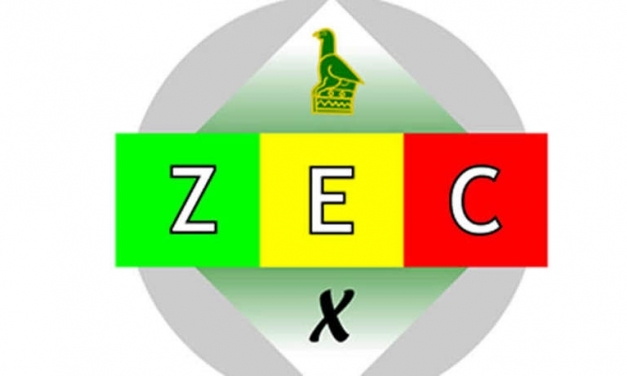
This is contrary to popular belief that political parties have to register first with ZEC if they are to contest in elections.
According to ZEC, political parties can only inform the body about their presence and intention to partake in elections.
This came out during a discussion hosted by the Women’s Coalition of Zimbabwe (WCoZ) recently on how political parties could be regulated to be more accountable to the electorate and for them to field more women and youth candidates.
ZEC District Elections Officer, Sithembiso Khupe confirmed that political parties can only advise ZEC about their presence on the electoral field.
“People believe political parties are registered, when someone forms their party they come to ZEC saying they have to register but we tell them no, you don’t register. You just advise us you have a party, otherwise, there is no law that says a political party has to register,” she said.
Khupe noted that if people wanted political parties to be regulated to push for accountability and transparency, they should consider advocating for the law to be modified.
“So for political parties to register, it is your job to advocate for that and have a law that requires political parties to be registered. Because there are parties that just wake up on election day. For example, we had 23 candidates for Magwegwe in 2018,” said the elections officer.
“Each candidate just decided to enter the race that day coming in with their political parties. Yet there were 14 000 registered voters in that constituency, who they didn’t work for because, in such a situation, candidates ought to have urged people to go register to vote. Otherwise, someone just comes to us and advises they have a political party.”
Zimbabwe Election Support Network (ZESN) Bulawayo Field Officer, Ndodana Ndlovu said there was an opportunity to push for regulation so that political parties acted accordingly.
“My presentation centred on how laws on regulation have to be tightened to regulate political parties. This is an opportunity because political parties already believe that they are regulated but instead are informed they can just come and participate,” he said.
However, a youth activist, Nhlanhla Moyo, who in 2018 ran as an independent candidate for Bulawayo Central, was of the opinion that regulating the registration of political parties might be used as a tool to disenfranchise some candidates from contesting.
“I want to argue that in the spirit of democracy and what we have since seen in this country around issues of democracy, regulating the registration of political parties might be used as a tool to disenfranchise some people that want to participate in the political process of voting, as it were. Because if we then have a situation of setting the bar for political party registrations to partake in elections, for example, this might be an inhibitive factor,” he said.
“In as much as we may want to do that, we need to be very considerate of the democratic implications that might come with regulating registration. In my head, when we say just inform the electoral body that you want to start a political party, it’s promoting political participation by everyone rather than regulating.”
Moyo argued that regulating, ‘naturally,’ has an effect of dissuading certain individuals from participating in electoral processes.
“We need to be very careful around regulation of registration of political parties for example,” he said.


